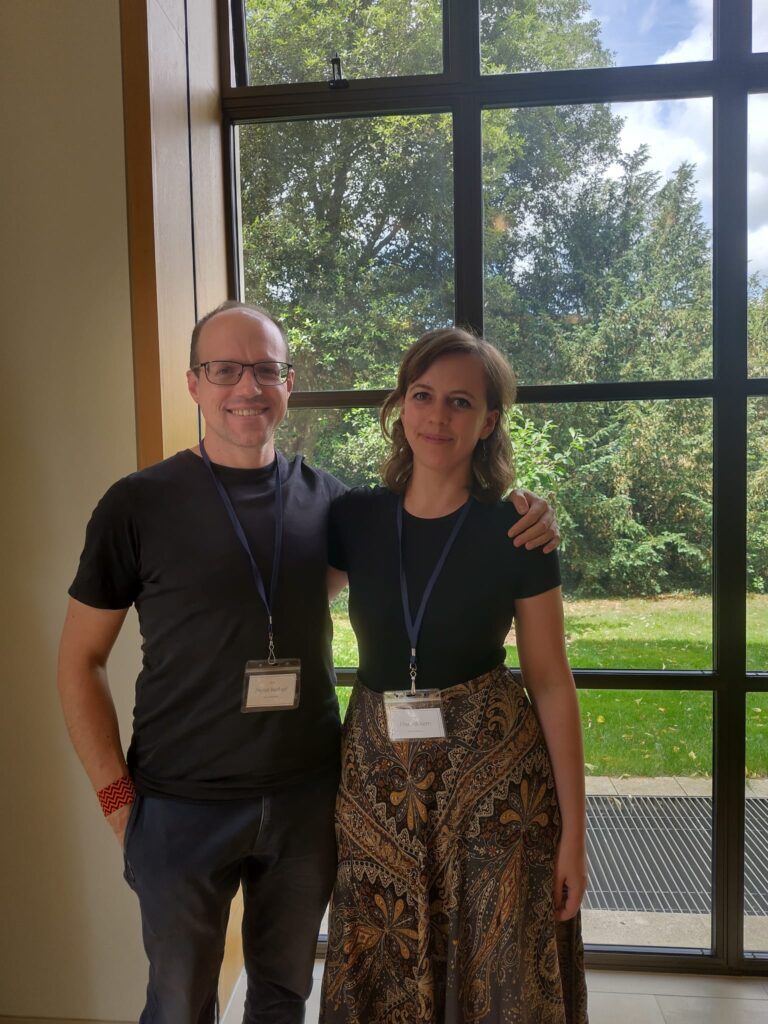
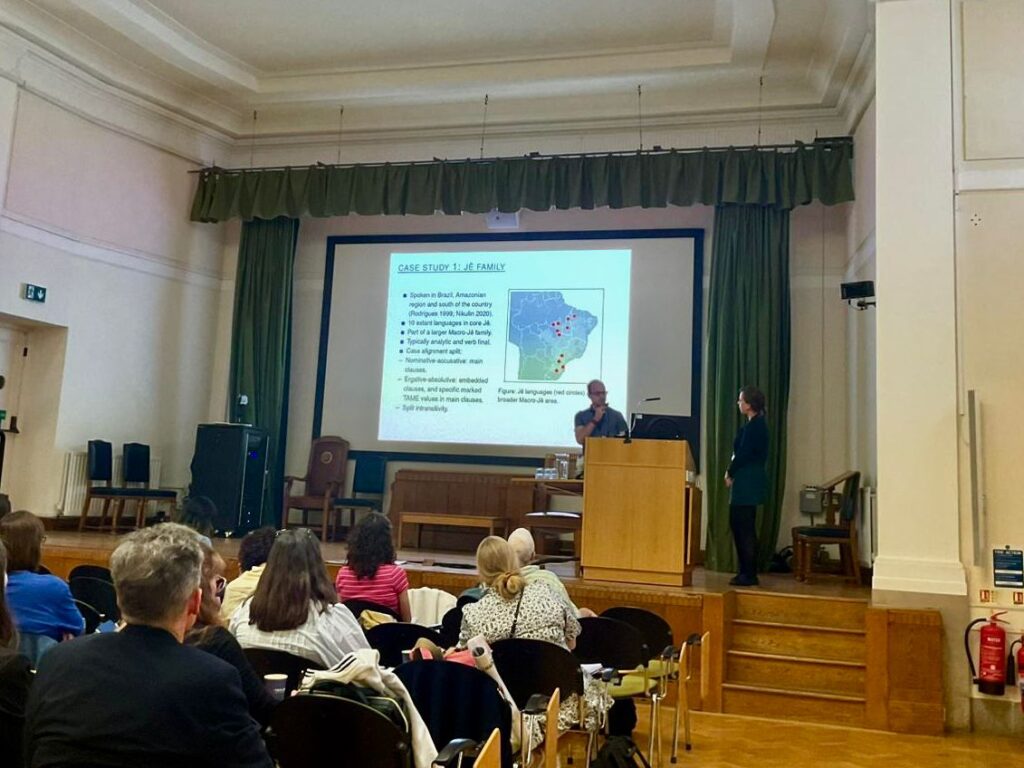


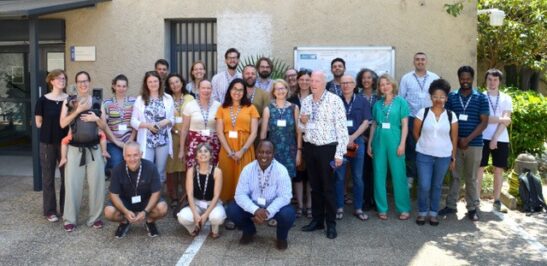
The ANR-DFG SocioBaGs project investigates variation and change in the nominal classification systems of the Bantu languages. During a three-day workshop (June 26-28, 2026) at the Laboratoire Parole et langage (CNRS) of the University of Aix-Marseille, members of the SocioBaGS scientific committee as well as researchers from outside the project core team gathered to exchange ideas and findings on the latest research about the typology of Bantu and non-Bantu nominal classification systems and the population history and contact dynamics of sub-Saharan Africa.
BantUGent was well represented with team members being involved in four different talks.
The workshop’s entire program is available here.
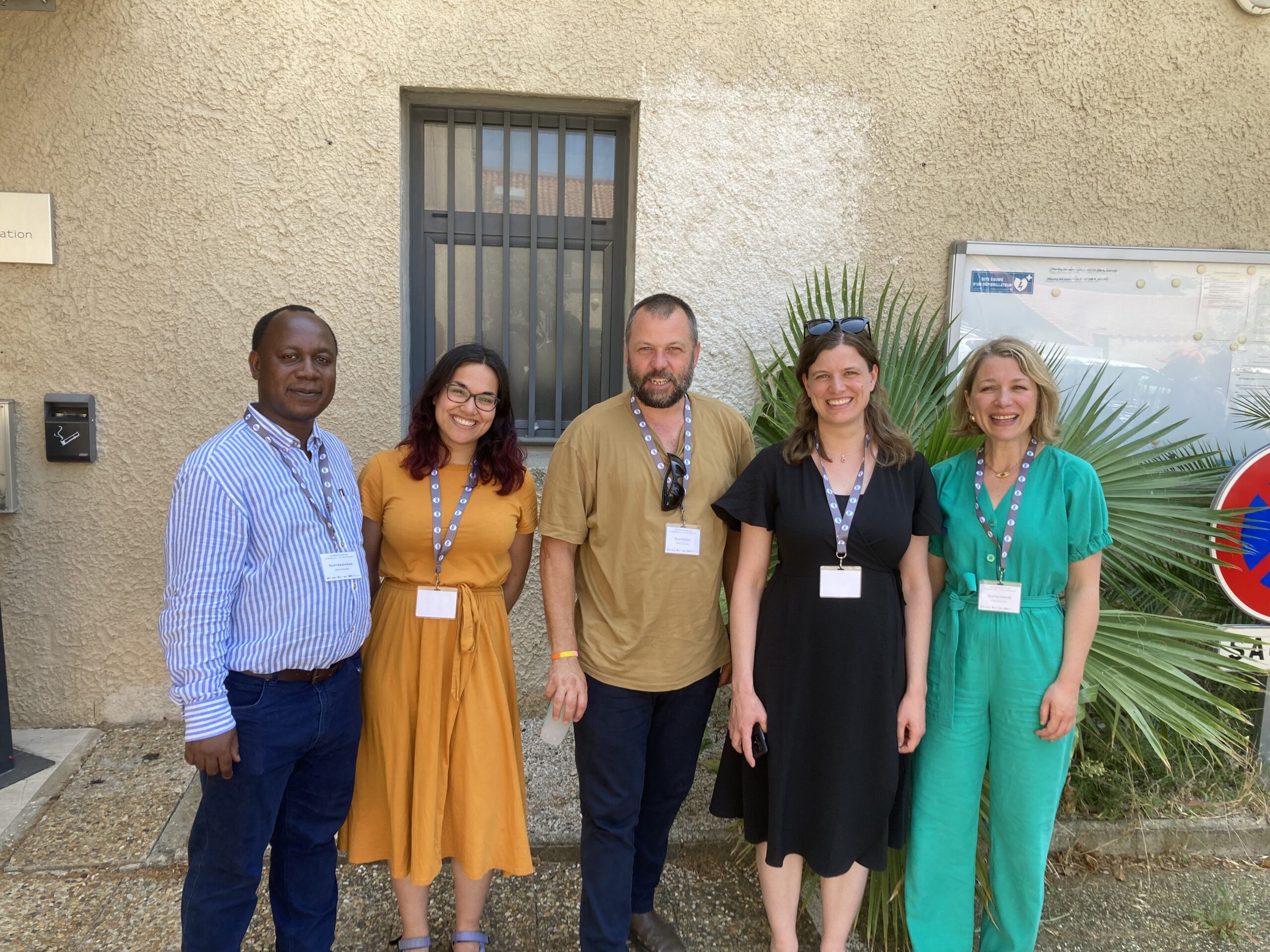
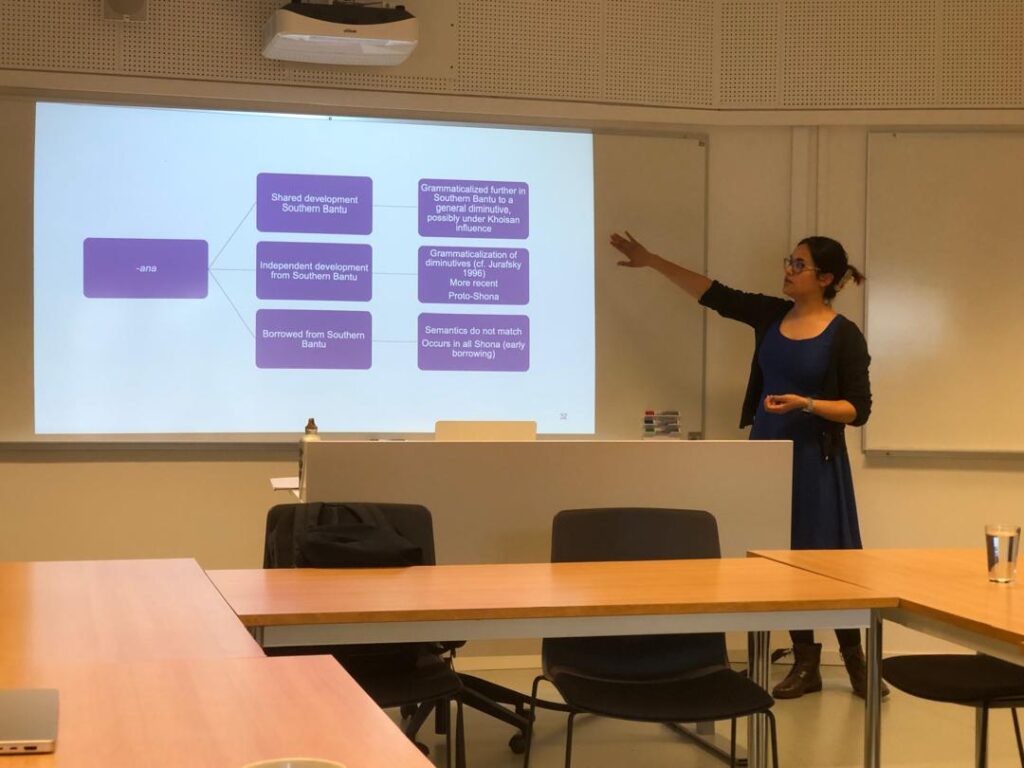
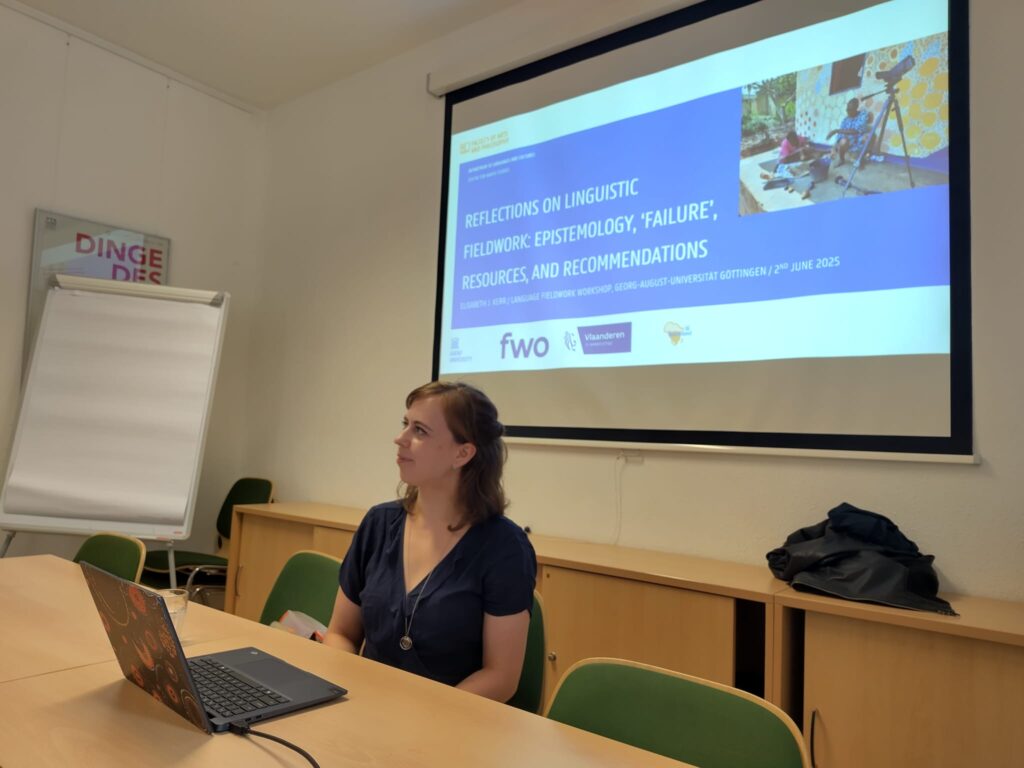
Hilde Gunnink (BantUGent – ULeiden) featured in the VRT CANVAS TV show “Campus Cup” as a visiting professor holding a short “African Studies” exam. Watch it here from minute 28 onwards.
On April 18-19, 2025, the fourth meeting of the Princeton Phonology Forum (PɸF 2025) took place at Princeton University (New Jersey, USA). The theme for PɸF 2025 was Sound Patterns and Human History. The workshop brought together scholars whose research examines the connection between human history, events, and migration (as evidenced from oral history, archeology, genetics, etc.) and large-scale areal zones of sound system convergence. BantUGent was present with two talks:
In a rebuttal to the Padilla-Iglesias et al. (2024) paper published in the Nature Human Behaviour journal, the BantUGent scholars Hilde Gunnink, Sara Pacchiarotti, Guy Kouarata, Paulin Baraka Bose and Koen Bostoen refute the claim that ten Central African Hunter-Gatherer communities share a history of genetic, cultural, and linguistic evolution, that started many millennia before the first food producers settled in the Congo basin. Padilla-Iglesias et al. (2024) base this claim on comparative evidence from musical instruments, foraging tools, specialized vocabulary and genome-wide data. Hilde Gunnink and colleagues consider the linguistic evidence for this hypothesis unsubstantiated because (1) the historical-linguistic methodology of Padilla-Iglesias et al. (2024) is flawed, and (2) much relevant data were overlooked. As Nature Human Behaviour has not published yet their rebuttal titled “Central African Hunter-Gatherer Music Lexicon Does Not Predate the Bantu Expansion” (submitted on June 26, 2024), Hilde Gunnink and colleagues published a pre-print on SocArXiv, the open archive of the social sciences.